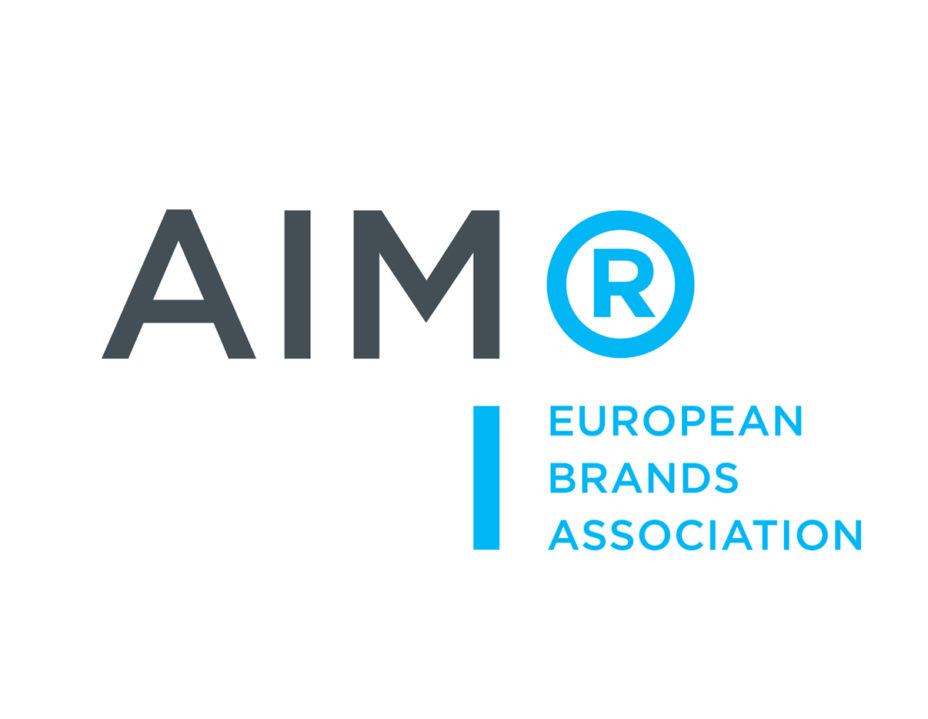
News & positions
AIM stresses that “most EU SMEs are brick and mortar shops and small or micro businesses, not platforms”
Brussels, 28 October 2021 – AIM, the European Brands Association, is deeply concerned about the continuous claims in the DSA debate that small platforms, portrayed as “EU SMEs”, couldn’t cope with certain obligations set out in the DSA and should benefit from exemptions in order to grow and thrive in the EU’s market.
These arguments, which have been put forth by platforms to avoid taking on greater responsibility in ensuring a clean online economy, are now frequently repeated by EU lawmakers, as seen in the IMCO debate on Wednesday.
Such claims are completely at odds with the reality, if not misleading, as they overlook a key fact: that according to Eurostat[1] the vast majority of the EU’s 23 million SMEs consist of brick and mortar shops and small or micro businesses, of which – only some 10 thousand – are platforms, meaning a 2,300:1 ratio between physical and online SMEs. Why would we require a large group of EU SME brick and mortar shops and small or micro businesses to play by stricter rules compared to EU SME platforms? The minimum standard that applies offline should also apply online.
EU SMEs, which are the backbone of the EU’s economy and whose revenues and prosperity largely depend on their ability to manufacture and sell high-quality products to consumers, as well as to protect their brands, are victim of the increase of counterfeit products found on e-commerce platforms, which unfairly (and illegally) compete with them and tarnish their reputation. A joint study from the OCED and EUIPO released earlier this week confirms that counterfeiters are increasingly using e-commerce to sell fake items to consumers. Surely the EU’s consumers should enjoy the same protection when buying via a platform that has 249 employees as they do at the local corner shop run by 2 people?
Platforms that have benefited from the boom in e-commerce over the past decade, and even more so during the Covid-19 pandemic, should play their part in fighting counterfeiting online so that all EU SMEs can indeed grow and thrive in the EU’s market. They should, at the very least, be subject to obligations to:
- verify the identity of third-party sellers offering products for sale on their services and ban those that repeatedly offer products found to be illegal;
- prevent previously flagged illegal goods from reappearing again on their services;
- inform consumers who have bought illegal products on their services after becoming aware of their illegal nature.
[1] https://ec.europa.eu/eurostat/statistics-explained/images/a/a6/Number_of_enterprises%2C_turnover_and_persons_employed_and_the_share_of_enterprises_with_fewer_than_250_persons_employed%2C_2015.png

These obligations should apply to all platforms, both large and small, no matter their size, given the fact that even small platforms can reach a wide audience of EU consumers. Small platforms should be subject to the same degree of due diligence obligations as larger ones (with the exception of very large online platforms (VLOPs) if the DSA is to meet its objective of effectively combating counterfeiting online and ensuring a cleaner online economy, while avoiding loopholes in the new EU regulatory framework.
Contact
For further information, please contact: Amaury Libbrecht
Tel: +32 2 736 03 05 • Email: amaury.libbrecht@aim.be
About AIM
AIM (Association des Industries de Marque) is the European Brands Association, which represents manufacturers of branded consumer goods in Europe on key issues that affect their ability to design, distribute and market their brands. AIM’s membership comprises 2500 businesses ranging from SMEs to multinationals, directly or indirectly through its corporate and national association members.
More information: www.aim.be
